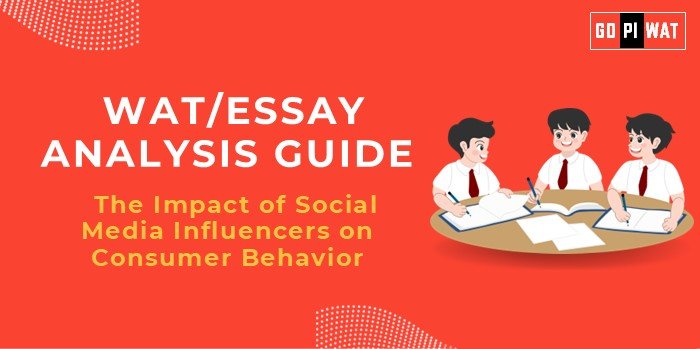📱 The Impact of Social Media Influencers on Consumer Behavior
🌟 Understanding the Importance
Social media influencers have reshaped marketing strategies, offering brands unparalleled consumer engagement. This phenomenon bridges economics, psychology, and technology, making it an essential subject for analysis in today’s digital-first world.
📋 Quick Facts and Key Statistics
- 🌍 Global Influence: Influencer marketing is projected to be a $21 billion industry by 2024.
- 📊 Engagement: Influencer-led campaigns generate 11x higher ROI compared to traditional ads.
- 👥 Audience Trust: 49% of consumers rely on influencer recommendations for purchase decisions.
- 🚩 Fake Influencers: 15% of influencer accounts are estimated to have purchased fake followers (Statista, 2023).
🏆 Achievements
- 📈 Enhanced Brand Engagement: Influencers provide relatable content that resonates with target audiences.
- 🤝 Trust Building: Micro-influencers with niche audiences often have high credibility and influence on purchase decisions.
- 💼 Economic Growth: Influencer marketing has democratized opportunities for small and medium enterprises (SMEs).
⚠️ Challenges
- 🔍 Transparency Concerns: Unclear disclosures about paid partnerships erode trust.
- 📉 Fake Engagement: Rise of fake followers and bots impacts campaign authenticity.
- 🧠 Mental Health Risks: Unrealistic standards set by influencers can negatively affect consumer self-esteem.
🌍 Global Comparisons
- 🇺🇸 USA: Federal Trade Commission (FTC) guidelines require influencers to disclose paid partnerships explicitly.
- 🇨🇳 China: Stricter content regulations ensure that influencers comply with government-approved narratives.
- 🇬🇧 UK: The Advertising Standards Authority (ASA) actively monitors influencer transparency.
💡 Structured Arguments for Discussion
- Supporting Stance: “Influencers are democratizing marketing, making it more relatable and impactful than ever before.”
- Opposing Stance: “The rise of fake influencers and undisclosed partnerships undermines consumer trust and brand credibility.”
- Balanced Perspective: “While influencers have revolutionized marketing, ethical frameworks and authenticity checks are crucial for sustainability.”
📌 Strategic Analysis of Strengths and Weaknesses
- Strengths: High audience engagement, cost-effective campaigns, democratization of marketing.
- Weaknesses: Fake engagement, lack of transparency, mental health impacts.
- Opportunities: AI-driven tools for authenticity, mental health awareness campaigns.
- Threats: Over-regulation, loss of audience trust due to unethical practices.
🔮 Recommendations for Sustainable Progress
- ✅ Develop transparent disclosure policies for all influencer-brand collaborations.
- 🧠 Promote mental health awareness to counteract negative impacts on consumers.
- 🤖 Use AI tools to detect and prevent fake engagement on influencer accounts.
📚 Connecting with B-School Applications
- Real-World Applications: Insights into consumer behavior, ethics in marketing, and digital transformation.
- Sample Questions:
- “How can brands ensure transparency in influencer partnerships?”
- “What role does consumer psychology play in influencer marketing success?”
- Insights: Use this topic to explore data-driven marketing strategies, ethical advertising, and digital consumer engagement trends.


